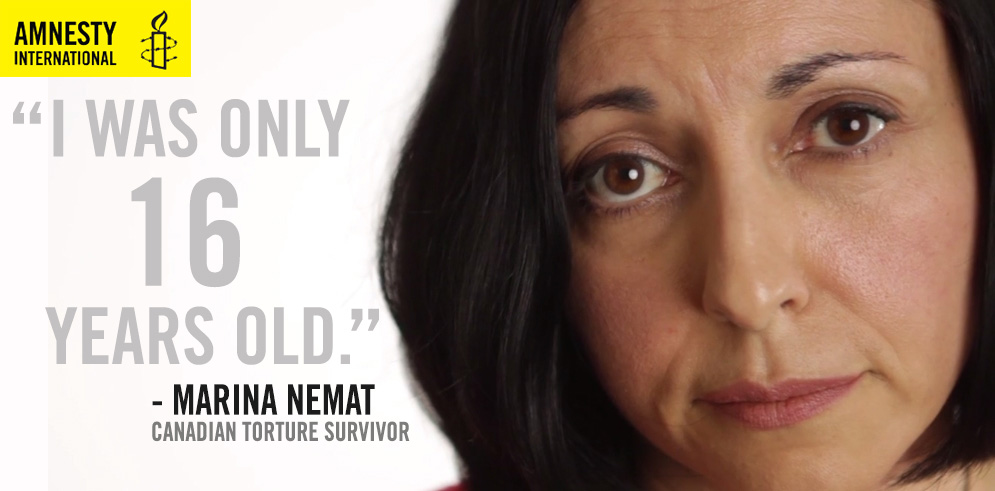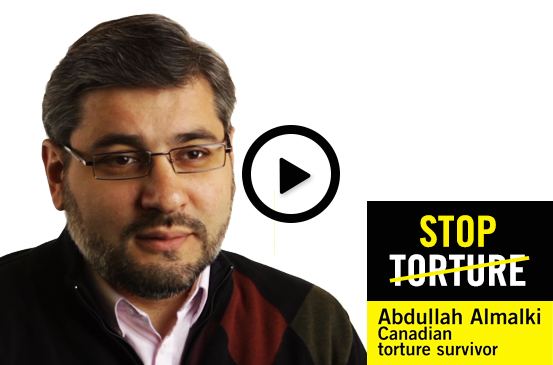Nov. 11 MFA vs. MBA: I cut out this Globe and Mail article “Sure, young artists need moral support. But they also need cash money” by Judith Timson back in Aug. 12, 2010. This article talks about working in the arts and how it’s a struggle. Artists need to be paid and have moral support. Here’s the article:
I recently asked a new acquaintance what her grown kids did for a living and she scrunched up her face and said, apologetically, "You're going to hate me." What? Was one of them in Millhaven on drug charges? No-o-o.
She smiled and said, "Two lawyers and a doctor!"
Bingo. For a second, I did sort of hate her. We whose grown children (many of them following our example) have gone into the arts are filled with legitimate worry these days. In a post-recession world, will these aspiring musicians, writers, theatre directors and journalists even do as well as we did?
And in a media climate in which reporting on the arts can mean shovelling trash like "Charlie Sheen pleads guilty to assaulting wife," will anyone even notice them?
I keep hearing that the MFA is the new MBA, but I don't see any solid evidence of it. The kids who are graduating from business courses or into the professions still start their working lives making thousands more than almost all arts graduates, who, unless they strike it big, will never catch up.
I am surrounded by creative types - a son in theatre, a nephew who scored brilliant marks to achieve a science degree but is now making music, the son of a good friend who is doing visual art in New York, another who is a budding concert pianist, and of course would-be writers as far as the eye can see.
I go to their shows, read their blogs, scan their websites, and it's all so rewarding. They've graduated from at least the first rung of university and are pouring their passion and soul into what they do. Many of them are truly talented and their early reviews reflect this.
What they don't get is what they really need - not just critical affirmation, but money. No institution - except for those ubiquitous government granters - pays them what their burgeoning art is worth. And so the first thing they learn is how to work the grant system, presumably so they can end up just like a middle-aged screenwriter friend of mine who wryly says her epitaph will be, "She died waiting for funding."
The money is obviously a problem, but so is the moral support. In lawyer or doctor-laden families, artists are often viewed as the black sheep. A musician and producer friend says that at least 20 years into his career, family members would ask "are you still doing that music thing?" (They would never say, "Are you still a doctor?" Many assume that an artistic career is a temporary madness.)
We whistle appreciatively and congratulate the kid (and her parents) when she gets into med school, and I'm not denying that is a huge accomplishment. But it takes a special kind of courage to put yourself out there as an artist, to face down what famed American choreographer Twyla Tharp once listed as the five deadly fears of an artist, among them, "people will laugh at me," "someone has done it before" and "once executed, the idea will never be as good as it us in my mind."
Of course, there is a false dichotomy in framing this as an arts-versus-business thing. As Louise Garfield, executive director of Arts Etobicoke, a non-profit community council, points out to me in an interview, "professional career artists do not have the lock on creativity and parents worried about the financial futures of kids who choose the arts shouldn't worry - because professional business people don't all have the lock on financial management." In fact, she says, artist types are often very good financial managers. Because they are on such strict budgets, they've had to be.
Ms. Garfield lists some of the benefits of a career in the arts, sounding rather like an army recruiter ("There's no life like it!"): "The fulfilment of creative aspirations and passions. The quality and tone of their lives. The vibrancy of their intellect and emotions. Adventure, exploration, drama, deep feeling, playfulness, hilarity, camaraderie and FUN." (The next sound you hear will be lawyers jumping ship.)
But here's the real bottom line: Many of these kids starting out will one day be the ones making the art, the plays, the concerts, the books, that all of society eventually experiences and celebrates, doctors, lawyers and hedge-fund managers among them. Given the right support, what they will eventually contribute to our quality of life is immense.
So the next time an anxious parent says her kid is pursuing theatre or dance, just whistle admiringly, will you? And maybe ask if there's a website to view their work, or when their next show is, or even how you can make a donation.
Who knows, years later they might even thank you when they accept their first Dora or Tony.
Unless, of course, they've packed it in to manage a hedge fund.
Dec. 21 Master of Arts in Communications and Technology:
It was the end of Aug. 2014, and I saw an ad in the Metro about these
information sessions at the University
of Alberta Extension. I saw “Communications and Technology” info
session, so I went there. Then I see
that it was a masters program. Does
anyone remember the blog post “Help Tracy get a Job/ Generation Boomerang”
where I listed I didn’t want a masters degree?
Yeah, well I was there for the whole hour and watched the
video and learned some things about the program. I had another info session for Residential
Interiors to go to after this. I’m
writing about this because I finished reading the brochures for both programs.
Here’s what I got from the website:
“The Communications and Technology Graduate Program at the University
of Alberta offers a theoretical,
historical and practical examination of communications in the era of the
Internet, social media and the mobile device.
Communication is
examined across all contexts in the program: interpersonal, small group, public
speaking, organizational, mass, and intercultural. The competencies to be
achieved by graduates include the following:
- Theory and its application to practice
- Knowledge and its use in problem solving
- Critical thinking as the foundation for leadership skills
- Research as the basis for innovation and change”
Residential Interiors: I wrote a little bit about
this in the blog post “Metro classes/ Residential Interiors.”
I read the brochure and now looked it up. There is a new course called “Feng Shui Design
for Residential Interiors.” You know I’m
interested in Feng Shui and I had to read it.
I’m sure some of you guys are laughing at this part:
Restricted to Residential Interior Certificate program students and Corequisite EXRI 4676”





















